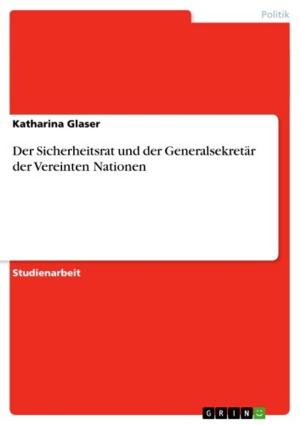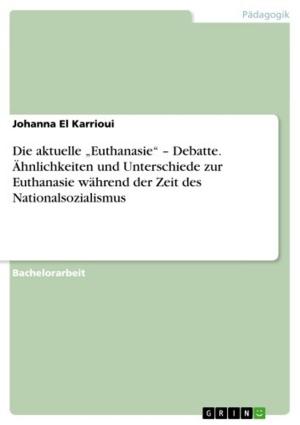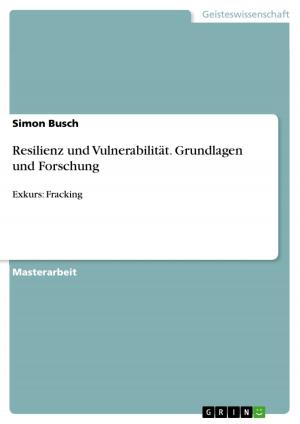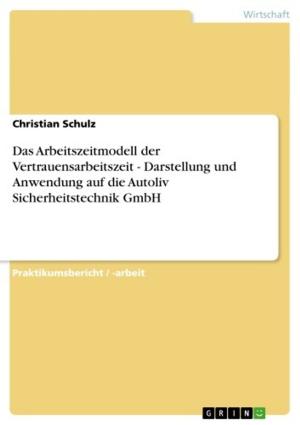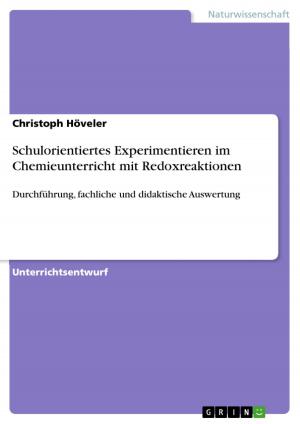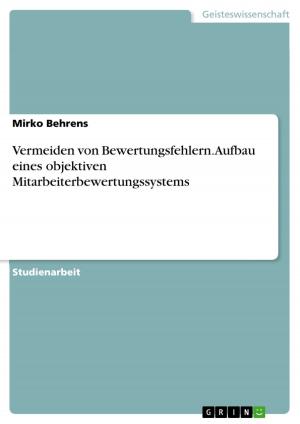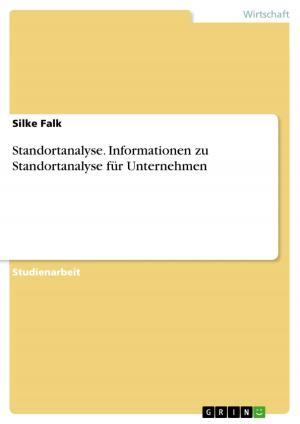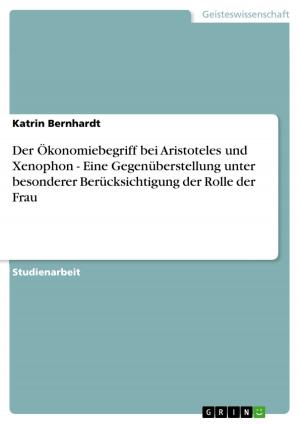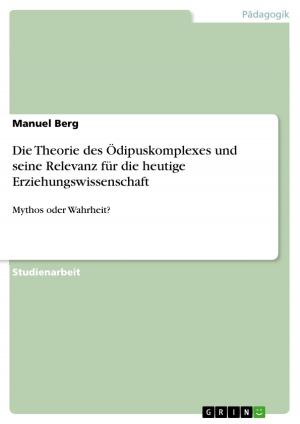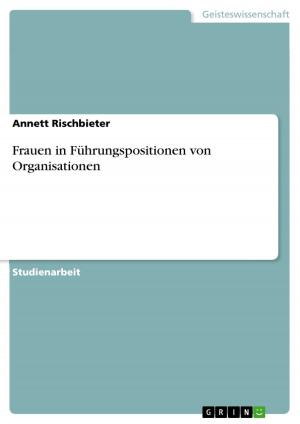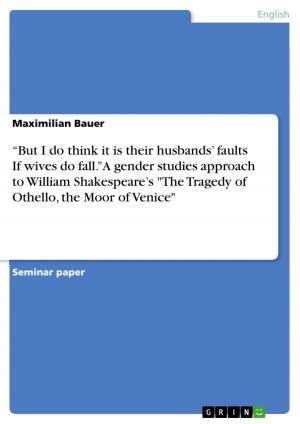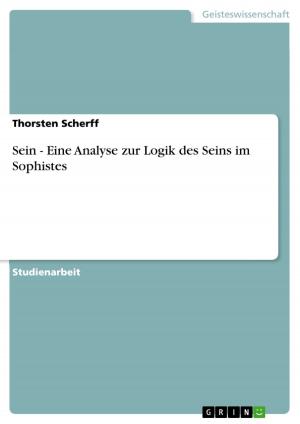On Shakespeares 'Hamlet' - past and present, memory and forgetting
Fiction & Literature, Literary Theory & Criticism, British| Author: | Eileen Waugh | ISBN: | 9783640802876 |
| Publisher: | GRIN Verlag | Publication: | January 18, 2011 |
| Imprint: | GRIN Verlag | Language: | English |
| Author: | Eileen Waugh |
| ISBN: | 9783640802876 |
| Publisher: | GRIN Verlag |
| Publication: | January 18, 2011 |
| Imprint: | GRIN Verlag |
| Language: | English |
Seminar paper from the year 2008 in the subject English Language and Literature Studies - Literature, grade: 2,0, University of Stirling, course: Author, Reader, Text, language: English, abstract: Remembrance is the key factor to every person's past life. So one can agree with Hammersmith in that without memory, which actually develops through remembrance, all our former experience vanishes and seems never to have existed. The only thing remaining is the 'Here and Now', the single moment we experience something. Past and present do not have any further significance for our lives (cf. JSTOR trusted archives for scholarship). In his play Hamlet, William Shakespeare represents characters who seemingly have a past and whose lives are strongly influenced by this. In Hamlet 'Shakespeare appears to have given exceptional care and thought to the problem of dramatizing the past' (Alexander, 1971: 38). Through various techniques which will be discussed and developed in this essay, he gives his characters a whole life consisting of a past, which influences their present and, even more strongly, their future actions. This essay will show how Shakespeare manages to combine past and present without disturbing the common time-related order of the play. In addition, I will show how Shakespeare's audience is informed about all the crucial events it has to know in order to understand what is happening on stage, although past and present time are presented in an uncommon way.
Seminar paper from the year 2008 in the subject English Language and Literature Studies - Literature, grade: 2,0, University of Stirling, course: Author, Reader, Text, language: English, abstract: Remembrance is the key factor to every person's past life. So one can agree with Hammersmith in that without memory, which actually develops through remembrance, all our former experience vanishes and seems never to have existed. The only thing remaining is the 'Here and Now', the single moment we experience something. Past and present do not have any further significance for our lives (cf. JSTOR trusted archives for scholarship). In his play Hamlet, William Shakespeare represents characters who seemingly have a past and whose lives are strongly influenced by this. In Hamlet 'Shakespeare appears to have given exceptional care and thought to the problem of dramatizing the past' (Alexander, 1971: 38). Through various techniques which will be discussed and developed in this essay, he gives his characters a whole life consisting of a past, which influences their present and, even more strongly, their future actions. This essay will show how Shakespeare manages to combine past and present without disturbing the common time-related order of the play. In addition, I will show how Shakespeare's audience is informed about all the crucial events it has to know in order to understand what is happening on stage, although past and present time are presented in an uncommon way.

